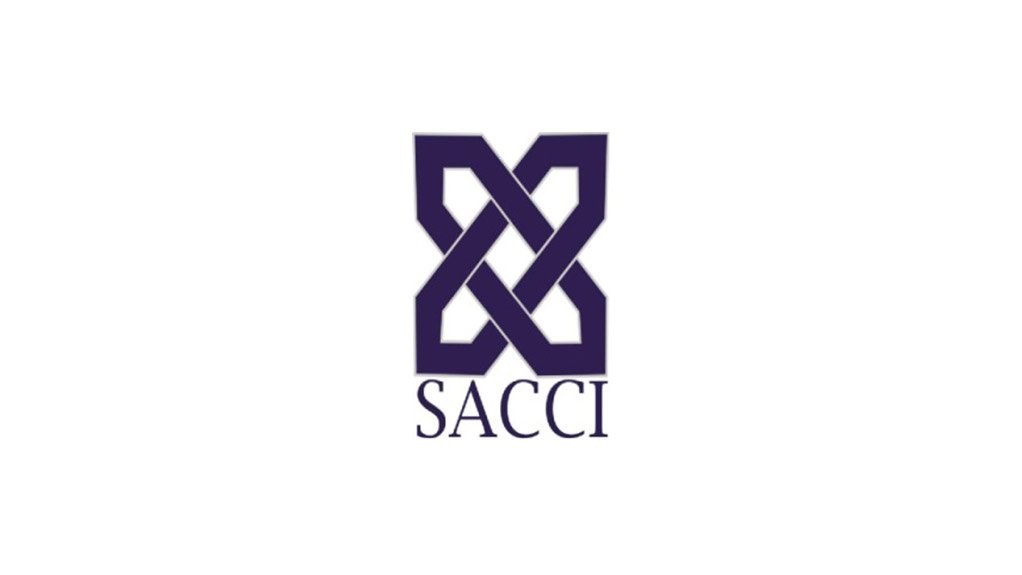/ MEDIA STATEMENT / The content on this page is not written by Polity.org.za, but is supplied by third parties. This content does not constitute news reporting by Polity.org.za.
The SACCI Business Confidence Index (BCI) recorded a reading of 108.6 in August 2023, followed by 108.2 in September 2023, with the base year set at 2020=100. While this represents a slight increase from the July 2023 figure of 107.3, it is evident that the BCI has been lacking substantial upward momentum, hovering around an average level of 107.5. In comparison, the BCI for September 2023 stands 2.7 index points below the corresponding level in September 2022.
From an average level of 112.5 in the 4th quarter of 2022, the BCI declined to 112.0 in the 1st quarter of 2023, further dropping to 107.6 in the 2nd quarter of 2023, before rebounding to 108.0 in the 3rd quarter of 2023. Despite the absence of a strong upward trend in business confidence, the BCI appears to have stabilized, with an average of 109.2 in the first nine months of 2023, slightly surpassing the 108.7 recorded during the same period in 2022.
In the short term, foreign business-related factors, including merchandise imports, exports, and inward tourism, had the most positive impact on business confidence in September 2023. Over the medium term, increased inward tourism and higher precious metal prices made notable positive year-on-year contributions. Conversely, the unpredictability of the weaker rand against major trading currencies, increased real cost of credit, and reduced merchandise export volumes had the most notable negative year-on-year impact on business confidence in September 2023.
Addressing the current fiscal challenges, there is a renewed emphasis on preserving debt-servicing capacity in public finances. Many countries, including South Africa, are compelled to consolidate over the medium term to achieve prudent debt targets. The International Monetary Fund (IMF) highlights the importance of critical institutional reforms tailored to the needs and constraints of developing countries. These reforms encompass medium-term budgeting, fiscal risk management, expenditure controls, and revenue administration. The recent BRICS summit in South Africa explored alternatives to the World Bank and IMF to better cater to the specific needs of emerging economies, although the details of this alternative BRICS approach require further verification.
The South African Minister of Finance acknowledges the tight fiscal conditions and debt situation, necessitating the application of austerity measures by the government. The Treasury has also cautioned that the fiscus is under unprecedented revenue and expenditure pressures. This fiscal strain is reverberating across various public sector institutions, impacting service delivery from central government to local authorities.
In conclusion, the SACCI BCI continues to exhibit a sideways movement, signalling that the current business climate is not conducive to stimulating overall economic activity. Remedying this situation and enhancing the economy's long-term prospects will require appropriate investments in human capital and fixed capital stock.
Issued by SACCI
EMAIL THIS ARTICLE SAVE THIS ARTICLE ARTICLE ENQUIRY
To subscribe email subscriptions@creamermedia.co.za or click here
To advertise email advertising@creamermedia.co.za or click here











